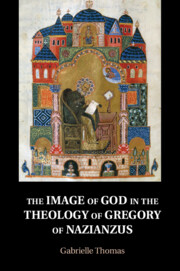Gregory of Nyssa’s critiques of various forms of social injustice hinge on his rigorous theological anthropology. For Gregory, slavery, the accumulation of wealth, and the mistreatment of the poor are evil because they deny the freedom proper to human creatures created according to the divine Image. However, Gregory’s anthropology also contains, we will argue, a distinct account of the ways in which humanity’s difference from God – particularly its poverty and limitation – reveals important aspects of the particular and ultimately Christological mode in which finite humans imitate the infinitude God. The aim of this present essay is to articulate how both likeness and unlikeness to God – mirrors of God and mirrors of death – are integral to Gregory’s theological anthropology as it pertains to various forms of social critique.


